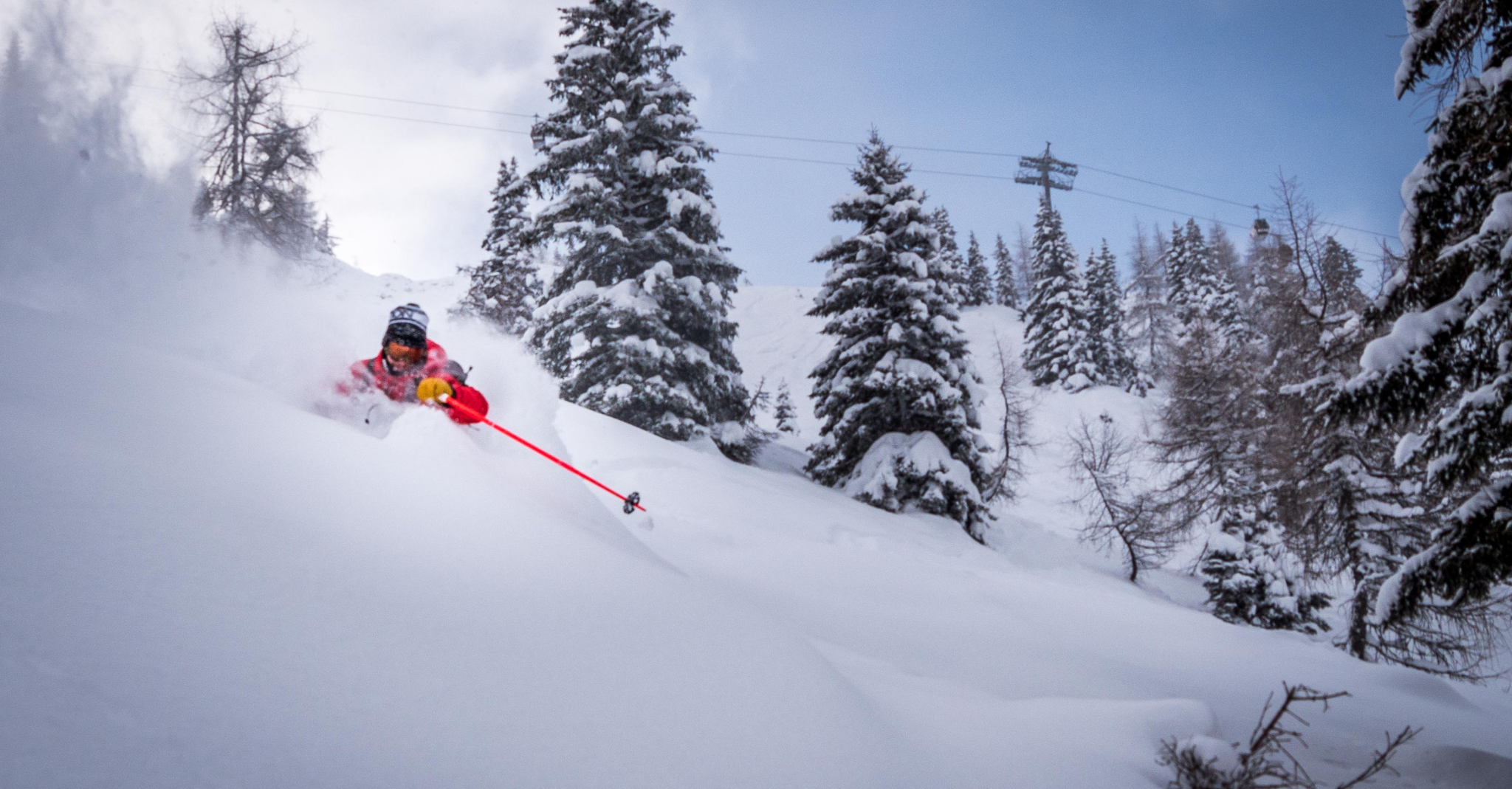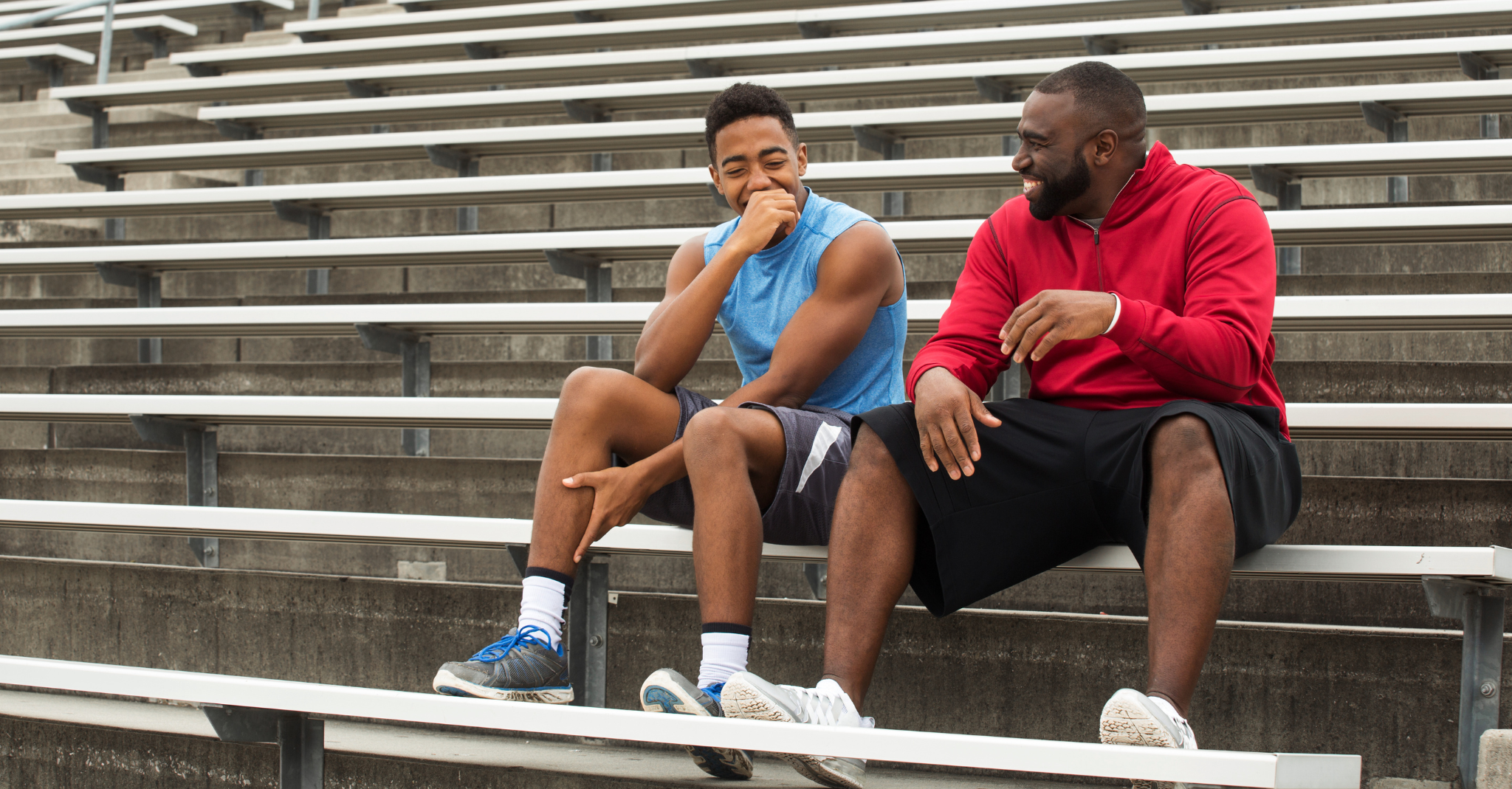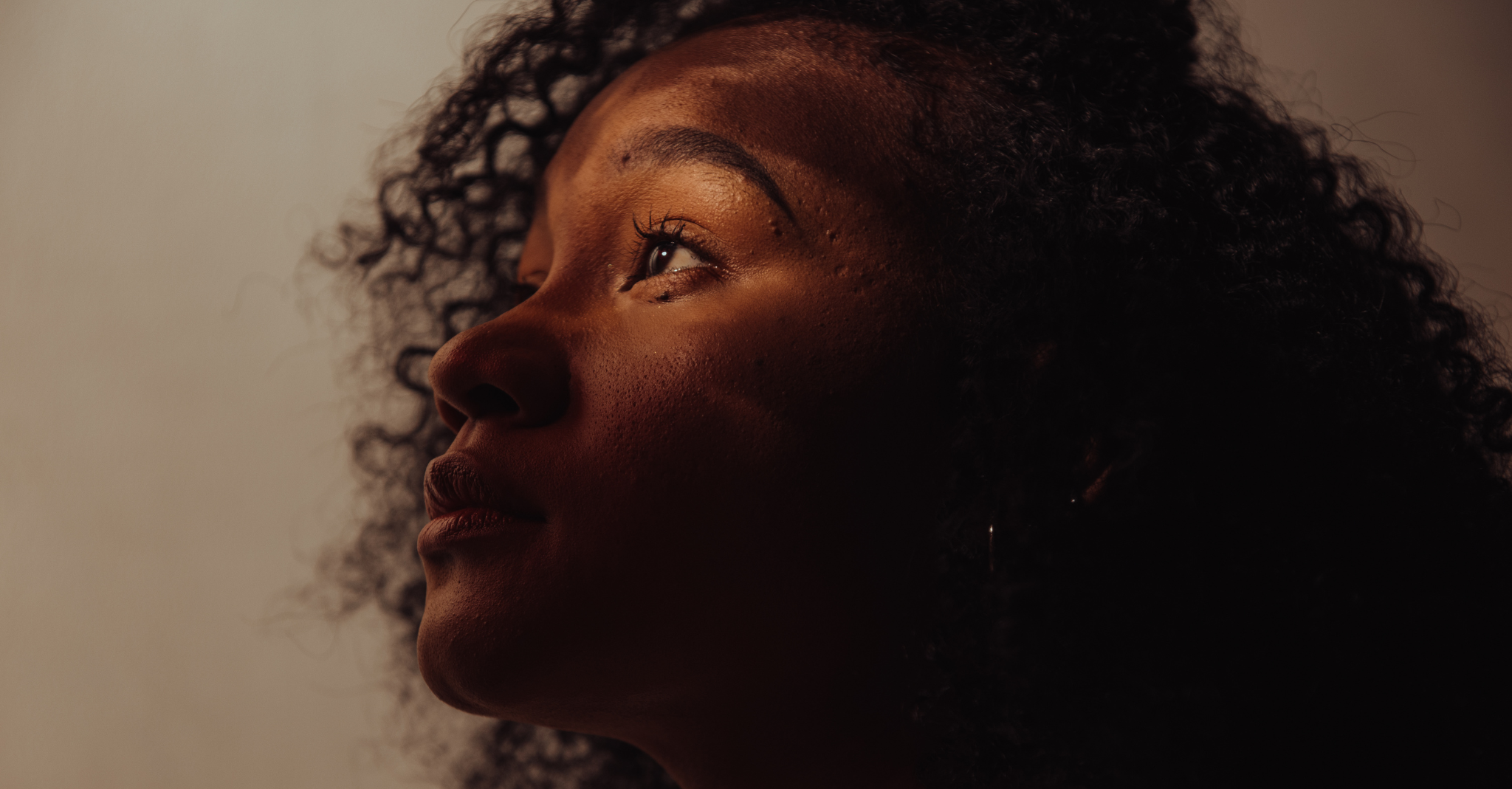
Here’s the latest…

From Slopes to Strength: Winter Sports Injuries
Winter brings movement, momentum—and risk. Skiing, snowboarding, skating, sledding—while these are the moments people look forward to all year, they’re also a common source of serious injury.

Rebuilding Quality of Life After Traumatic Injury
International Quality of Life Month often focuses on big-picture metrics like health, stability, and independence. But after a traumatic injury, those ideas can feel abstract—or even out of reach. Life may feel divided into appointments, symptoms, insurance paperwork, and recovery tasks, with little space left for the parts that used to make life feel like your own.

The Power of Lived Experience: Why Peer Mentorship Transforms Trauma Recovery
National Mentoring Month is a reminder that guidance doesn’t always come from an authority. Sometimes it comes from proximity to the experience itself. In trauma recovery, lived experience doesn’t replace clinical care—it strengthens it. It helps survivors stay engaged, feel less alone, and move through recovery with more clarity and less self-doubt.

2026 Look-Ahead: Emerging Trends in Trauma Recovery & Post-Acute Care
The world of healthcare evolves quickly—and trauma recovery is no exception. Between shifts in insurance coverage, advances in mental and physical rehabilitation, and the rise of digital support tools, 2026 is shaping up to be a transformative year for survivors and the providers who support them.

Reflect, Reset, Renew: A Healing Year in Review
The end of the year can make recovery feel harder to define. A lot may have changed—physically, emotionally, practically—without adding up to a clear sense of progress. This guide breaks down how to look back at what shifted, identify what still feels heavy, and think through what support could make the next year more manageable.

Navigating Relationships After Trauma: Boundaries, Communication, Growth
The holidays are often seen as a time of togetherness—but for many trauma survivors and caregivers, it can also magnify strain, stress, and shifting roles in relationships. This post explores how trauma reshapes relationships—with partners, parents, children, and friends—and how to navigate the shifts with clear communication, boundaries, and support.

Choosing Insurance & Rehab Coverage: A Guide for Trauma Survivors and Caregivers
It’s open enrollment season—a chance for trauma survivors and caregivers to make choices that directly shape their recovery experience. But for many, navigating insurance is one of the most stressful parts of the journey.

Supporting the Supporters: National Family Caregivers Month
When someone you love is seriously injured, your own body and mind go into crisis mode, too—then get buried beneath the significance of helping your loved one heal.

Healing Beyond the Hospital: Mental Health Care After Physical Injury
For trauma survivors, emotional recovery can be just as demanding as physical healing—yet it’s often overlooked. This post explores why mental health support matters, how connection can accelerate healing, and what it means to truly care for the whole person.

Introducing TandemGuides: A New Standard for Trauma Recovery Support
We’re proud to announce the launch of TandemGuides—a first-of-its-kind program built to walk alongside trauma survivors after hospital discharge.

Care Can’t Wait: Redefining Prompt Support in Trauma Recovery
Recovery doesn’t pause for waitlists. Timely support—emotional, social, and practical—can bridge the gap between hospital discharge and long-term healing. When care meets survivors where they are, they don’t just survive. They rebuild.

Reframing Recovery: A Return vs. An Evolution
After trauma or serious injury, people often feel pressure to “bounce back”. But what happens when that version of you no longer exists? What if healing means integrating everything you’ve been through—and making space for someone new?

When Progress Feels Slow: Redefining What ‘Better’ Looks Like
Progress doesn’t always look like milestones or big wins. Sometimes it’s measured in perspective shifts, emotional endurance, or simply showing up. Explore how to recognize growth that isn’t always visible and redefine what healing means on your terms.

Support Without a Label: Making Space for Your Recovery
Many people navigate trauma recovery without ever calling themselves survivors. You don’t need a label to deserve support. If something still feels different after an injury—physically, emotionally, or socially—care can meet you right where you are.

Healing the Whole: The Connection Between Physical and Emotional Recovery After Trauma
Recovery outcomes improve when emotional and physical support go hand-in-hand. Survivors who feel supported are more likely to stay engaged in rehabilitation, follow care plans, and feel confident in their progress. That’s why whole-person care—rooted in connection—matters.

Beyond the Hospital: Why Connection Matters in Trauma Recovery
Clinical care is essential—but recovery often extends beyond what appointments can cover. This piece explores how peer support helps fill the gaps with connection, shared experience, and encouragement that meets survivors where they are.

From a Conversation to a Movement: The Story Behind TandemStride
When Matt Kalina’s brother, Mark Kalina Jr., survived a traumatic accident, recovery brought more questions than answers. One peer connection changed everything—and inspired TandemStride.

Who Counts as a Trauma Survivor?
If you’ve ever wondered whether your injury “counts” or whether support like TandemStride is meant for you, you’re not alone. Recovery comes in many forms—and all of it deserves support that matches.

A Normal Life is Possible
What started as a single conversation between two trauma survivors became the spark for something bigger.

Survivor Spotlight: Hanane’s Story
On February 13, 2012, Hanane’s life changed in an instant. A motor vehicle accident left her paralyzed from the chest down—an injury so severe she doesn’t remember being told she would never walk again.
